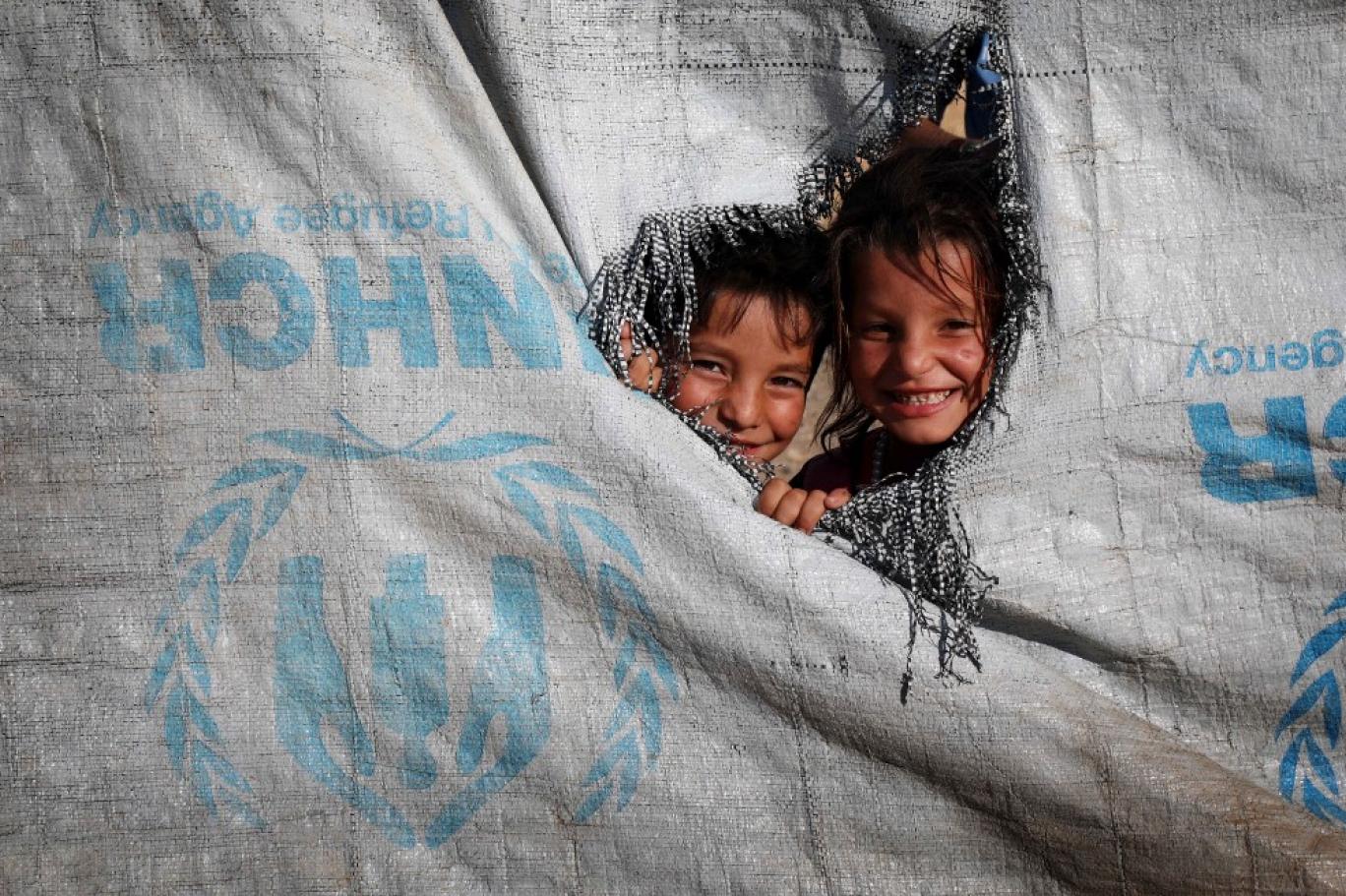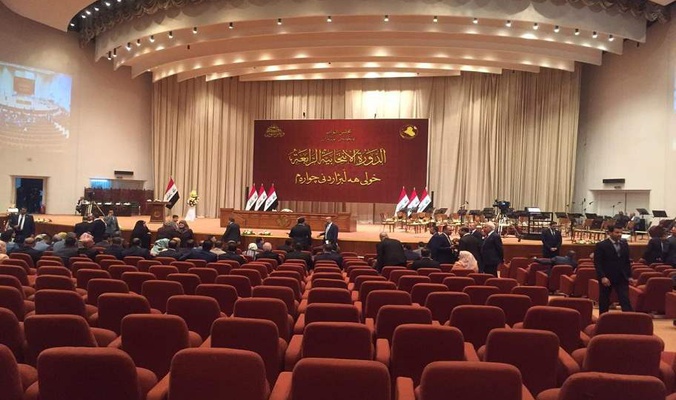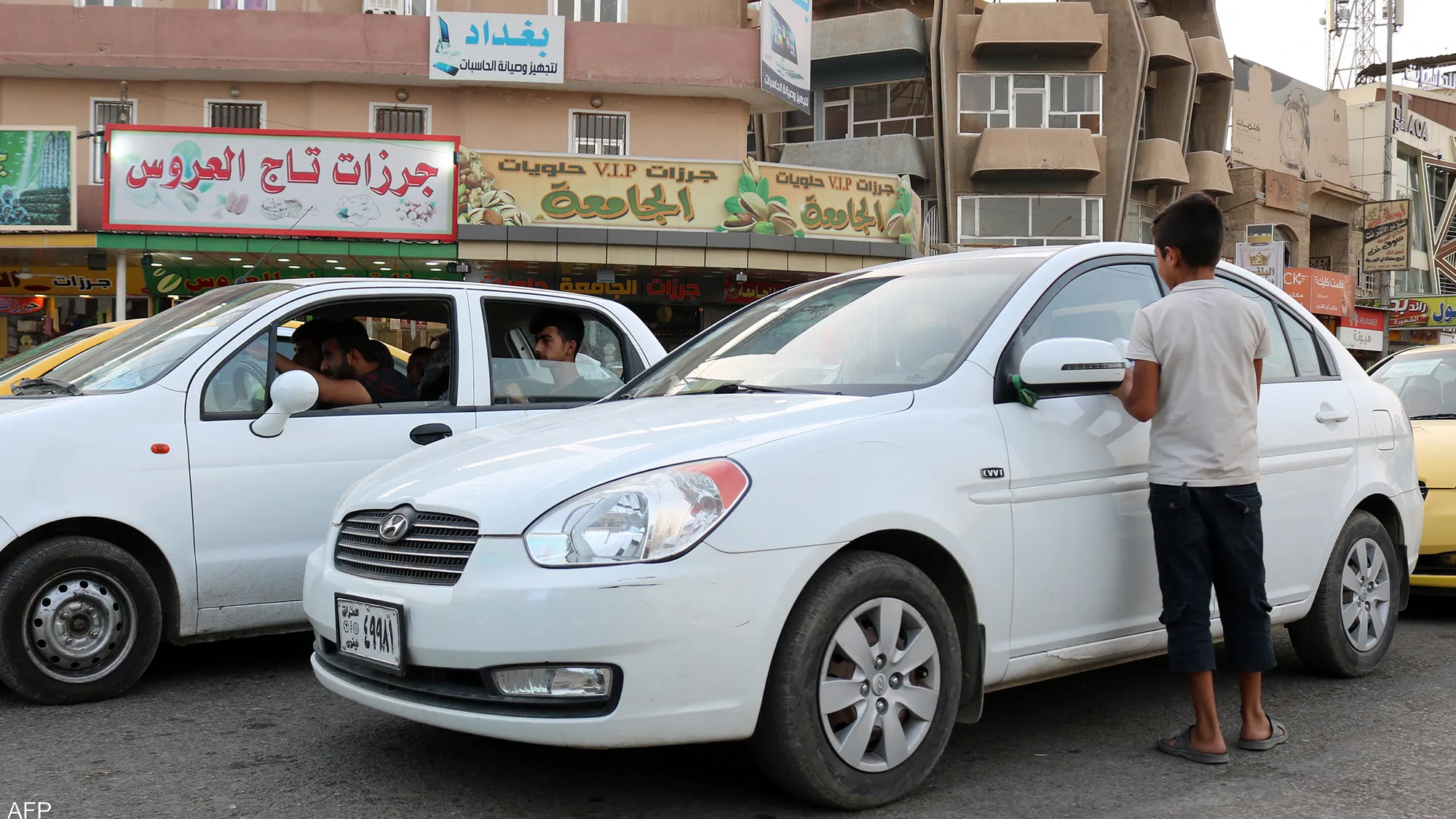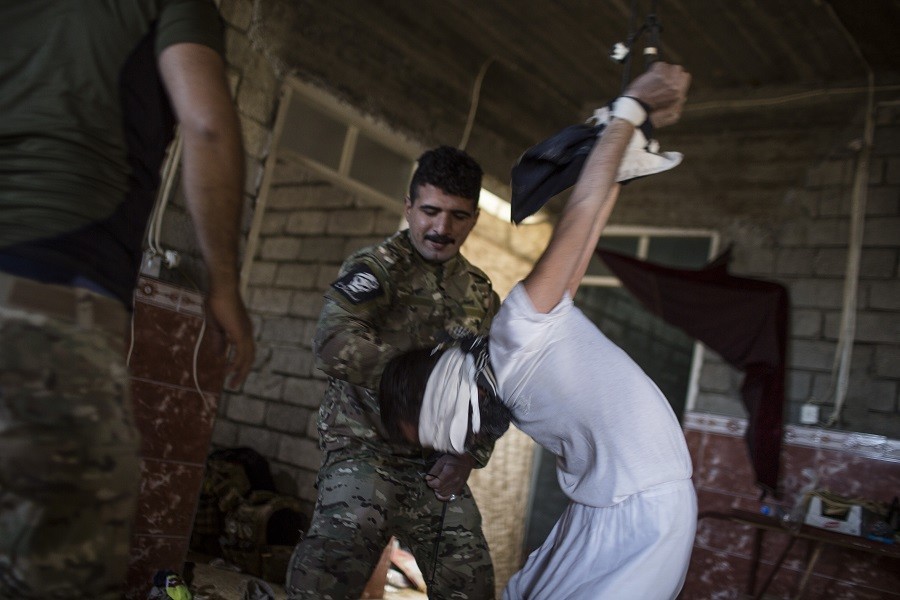The Iraqi Observatory for Human Rights said, “The governmental and educational institutions do not play a role in implementing the necessary protection for children. The establishment of an emergency line for abused children in the Ministries of Labor and Interior is insufficient to reduce the phenomenon of child abuse.
"Although the Minister of Labor and Social Affairs, Basim Abdul-Zaman, has called for the completion of the Child Protection Bill this month, the need is urgent for adoption in the face of escalating violations against children and The law is not subject to political party agreements.” the observatory said.
The Iraqi Observatory for Human Rights said that “the growing phenomenon of violence against children has become more and more normal for many, so the Iraqi Council of Representatives to enact a law against family violence to put an end to this phenomenon and these practices that are contrary to international laws and conventions that must be binding by Iraq"
In mid-February, the Ministry of Health announced the death of 7-year-old Rahaf Mayser after she was hit in the head area and caused cerebral hemorrhage by her family. Al-Shaheed Al-Sadr General Hospital in Baghdad witnessed the ambulance of a 7-year-old girl and was taken to intensive care after suffering a cerebral hemorrhage due to the brutal beating and burning by her family.
"A seven-year-old girl is in a state of severe exhaustion, with signs of torture and burns on various parts of her body," a hospital statement revealed.
On January 4, 2017, the Observatory documented the death of Hussein Mazin, a 17-year-old child. "Hussain was arrested with 3 of his friends by the police forces of the counter Directorate of al-Hindia District of Tawirij District for not carrying their personal IDs".
Hussein’s uncle said, “My nephew (Hussein Mazin) was tortured in al-Hindia police station, where a lieutenant officer beat him until he lost consciousness and was taken to hospital, but he died before he arrived".
He also said, “When we arrived at the hospital, we saw the impact of a blow on his head, and traces of autopsy, although we do not know what Hussein was exposed to".
The hospital said in a press statement, “The child (Hussein Mazin Nasser) was brought died by the crime office in Karbala province to al-Hinia emergency hospital last Wednesday evening".
Hussein’s brother, Ali Mazin Nasser, said, “Hussein was born in 2000, from Diwaniyah residents and working in Karbala since 15 days ago. Hussein went to al-Hindia district at the invitation of his friend and a police patrol stopped him along with his friends and they asked him to show his ID but he did not carry it so the patrol police took him to a police station in al-Hindia".
He added, “The police committed two legal offenses against Hussein, the first one is to transfer him to the crimes section, which is still an event, and the second one is violation by a lieutenant officer tortured and beaten".
Following the incident, Iraqi Interior Minister, Qasim al-Araji, ordered the arrest the force which arrested the child with his friends, but no results have been found.
In 2017, the Iraqi Observatory for Human Rights documented a number of cases of family violence against children for unknown reasons in Basra, Baghdad, Najaf, Kirkuk and Diwaniyah, and there are increasing fears of the widespread phenomenon of child violence under the provisions of the Iraqi Penal Code 111 of 1969, which allows beating the wife and children by the paterfamilias.
The Iraqi Observatory for Human Rights said, “The executive units of the Iraqi government should not allow perpetrators of violations against children to go unpunished, to do their duty to protect children, not to delay the case and to allow the underprivileged to go unpunished".
“What we found in the study is that more than 80 percent of children in Iraq live in violence at home or at school, so it can be said that the war is over but the violence against children is not over. There are many reasons for violence against children. The situation has not yet stabilized. "” UNICEF spokeswoman in Iraq, Zina Awad, said after conducting a study on violence against children in Iraq.
She also said that “The prevailing belief in the society is that beatings is the best way to teach children to study and be obedient and it is a deeply-rooted ideology in Iraq and the region in general and this contributes to the issue of violence against children as well as faced by the Iraqi society of experience has been difficult in recent years due to the wars or instability, all of which have led to an increase in violence against children".




